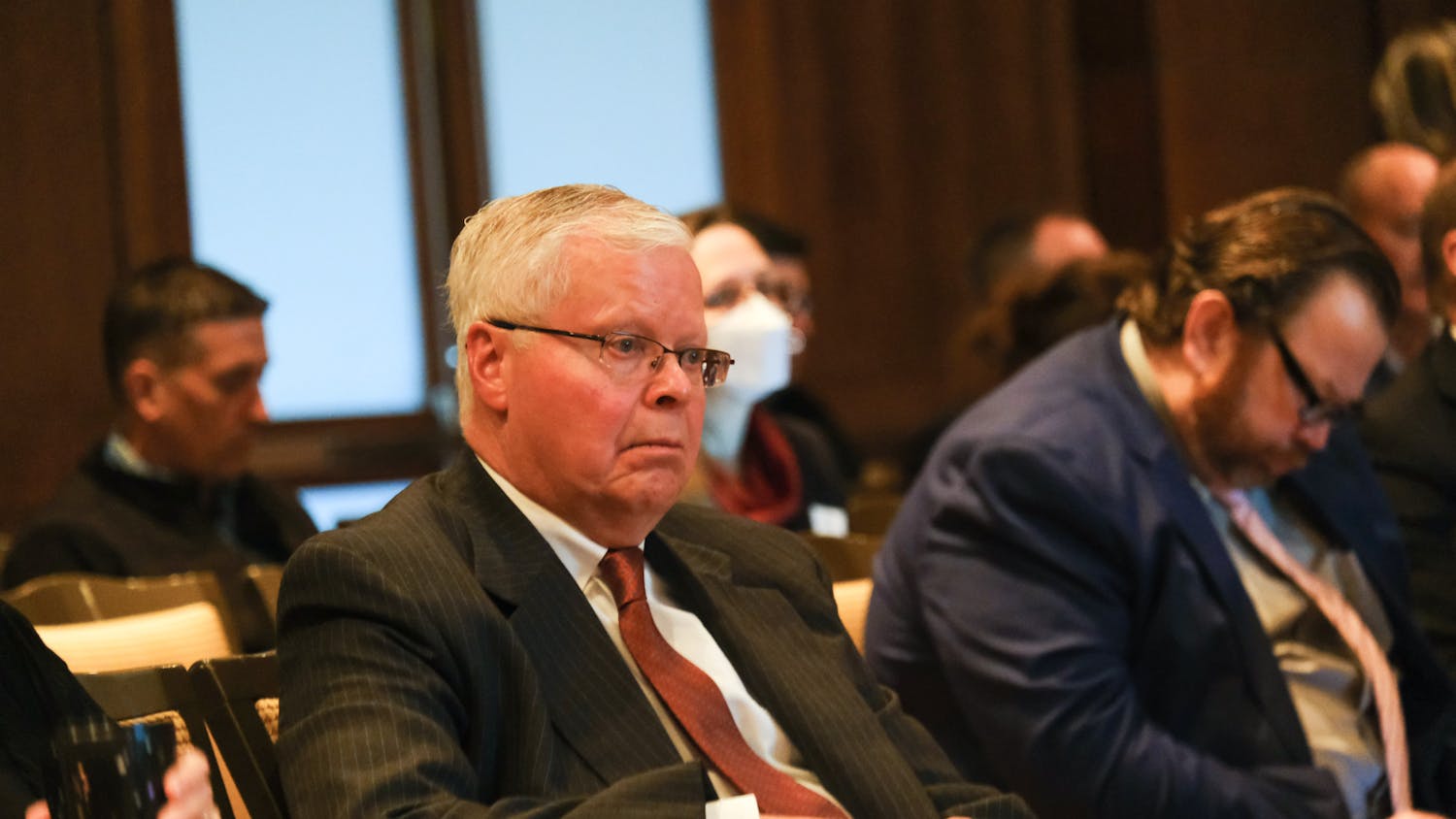“I want to begin by stating unequivocally that every student has the right to be safe on campus,” UW-Madison Chancellor Rebecca Blank wrote, in an effort to reinforce expectations of protection on campus.
As the deadline for comments came to a close Wednesday, Blank and the Associated Students of Madison sent their thoughts about the proposed Title IX rule changes released by the Department of Education last November.
Secretary of Education Betsy DeVos opened up a two-month public comment period for the new rules that aimed to “clarify and modify” requirements for reviewing violations of gender-based discrimination and acts of sexual violence across campuses.
In 2015, UW-Madison participated in the first national survey that studied sexual assault and its impact on 27 campuses. It found that more than one in four undergraduate women would be sexually assaulted during their time at the university, amounting to more than 27 percent — which was consistent with national numbers.
Despite these numbers, only 11 investigations were conducted. In 2017, only one student faced disciplinary action, which reflects the “already intimidating nature of the reporting process,” ASM members wrote in their letter to the department.
According to the survey results, offenders were often identified as fellow students that were a friend or acquaintance of the survivor. Assaults generally occurred in on- and off-campus student housing. Many of the incidents went unreported due to a lack of confidence that there would be a fair investigation or action against the offender.
“Sexual violence and misconduct is absolutely unacceptable and can have a devastating impact on students who experience it, both personally and in terms of their ability to complete their education,” Blank wrote.
While Blank found some changes helpful, she noted five areas that needed to be improved in order to provide equitable protective policies and procedures to students. Her concerns focused on the role of campus disciplinary proceedings, appropriate standards of proof, off-campus conduct, informal resolutions and cross-examination processes.
For each, Blank elaborated on her uneasiness in the proposal’s lack of clarity.
She sought a more definitive distinction between student and administration conduct procedures, along with criminal procedures. She said she believes universities should have the flexibility to choose between the standards of “preponderance of the evidence” and “clear and convincing evidence” exclusively for Title IX cases.
Nearly 80 percent of students live off-campus and more than 2,000 students study abroad each year. These students would be dismissed under the new Title XI procedures since they occur outside an institutional program or activity.
However, the UW System committed to a student non-academic misconduct code that applies to sexual harassment and sexual violence that does not occur on campus.
In moments when a complainant wishes to not be identified, the university said they would be granted that request. The informal resolution’s lack of fact-finding and little impact on the respondents should ensure that addressing complaints of sexual misconduct can continue without the necessity of additional items.
Blank acknowledged the importance of allowing public input, stating that it “ultimately will result in better public policy.” Although ASM legislative affairs chair Laura Downer was surprised, she was happy Blank decided to share her thoughts on behalf of the university.
“She hit on a lot of the similar things that the students were also concerned about,” Downer said. “I really appreciate what she did.”
Last week, she and ASM chair Billy Welsh shared their lack of trust in changes that “would create additional obstacles in an already fraught process.” They also demanded student action, calling their participation and input “vital” to the campus community.
The ASM members took the opportunity to craft their own letter in response, which each member signed. They documented similar concerns to Blank in their letter, stating that the “changes to the Title IX rules serve only to restrict the rights of students.”
They included the fact that campus officials, like house fellows and athletic coaches, are unable to submit an official report.
They also noted the use of language like “severe,” “pervasive” and “objectively offensive” could confuse victims when deciding if their experience meets the requirements for sexual harassment and sexual violence and could “dissuade [them from] reporting altogether.”
Welsh said the importance of highlighting marginalized communities throughout campus that reported higher sexual assault rates than the ‘one in four’ statistic, like LGBTQ+, native and disabled students.
“ASM leaders share many of the same concerns as her, and want to create a campus environment where students feel safe and survivors feel supported,” Welsh said. “Unfortunately, this proposal does the opposite by [creating] more barriers and confusion for individuals who are in the midst of trauma.”
Throughout the past two months organizations across campus — Promoting Awareness Victim Empowerment, Men Against Sexual Assault and the Teaching Assistants’ Association — held events at which students could write their responses to the proposed changes.
“I hope that Chancellor Blank’s letter is symbolic of future efforts to create a safe environment for our campus community,” ASM Press Director Morgan Grunow said.






